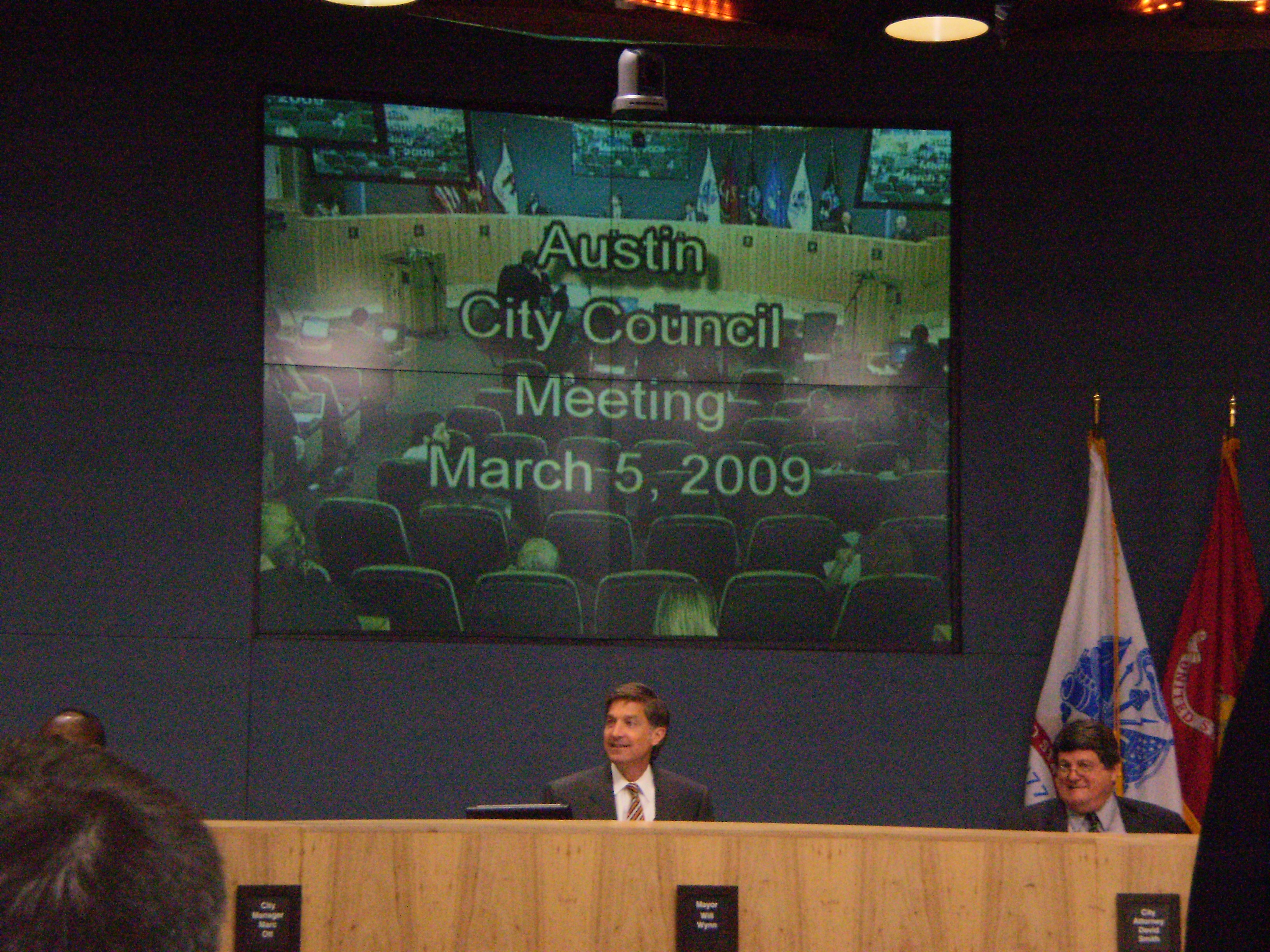Public Citizen, Environmental Defense Fund Call for Independent State Agency to Coordinate State’s Energy Efficiency Efforts
AUSTIN – In response to the Public Utility Commission’s (PUC) planned adoption of new energy efficiency goals, Public Citizen and Environmental Defense Fund today called for sweeping changes to the way Texas runs its energy efficiency programs. The groups said that a single independent state agency would better serve Texas because it could coordinate programs currently regulated by multiple agencies and reduce agency overlap.
“We have no confidence in the Public Utility Commission process,” said David Power, deputy director of Public Citizen’s Texas office. “The time has come to change the way Texas saves energy because the current setup is ineffective. It is time for the Legislature to take control and create a new state agency that can put consumers first and save more money.”
The groups plan to send a letter to state Sen. Troy Fraser, chair of the Senate Natural Resources Committee, and state Reps. Jim Keffer and Burt Solomons, chairs of the House Energy Resources and State Affairs Committees, asking them to support legislation in the upcoming session to create an independent efficiency agency.
Under current law, the PUC, the agency in charge of regulating most of the state’s “poles and wires” companies, is supposed to review and approve the energy efficiency programs of the utilities. But other state agencies oversee efficiency programs too, including the Department of Housing and Community Affairs and State Energy Conservation Office. Housing the coordination of these efforts under one roof would help streamline state regulation and create more savings potential for Texans, the groups said.
“Several agencies either run or oversee similar programs,” said Kate Robertson, energy efficiency specialist with Environmental Defense Fund. “In some instances, like market outreach, a single state agency could coordinate the activities of all efficiency programs instead of multiple people doing the same thing for their own programs.”
The groups also criticized the PUC’s negative attitude toward energy efficiency. Over the past year and a half, agency staff had been developing plans to increase the state’s goal for energy efficiency. On Friday, however, the three commissioners appointed by Gov. Rick Perry slashed the proposal dramatically, ostensibly for cost reasons, reducing the efficiency goal from 1 percent of peak demand by 2014 to a third of the growth in demand by 2013 – a much smaller increase. The PUC even has proposed curtailing the amount utilities can spend on efficiency measures.
“It is baffling to us that the commission thinks energy efficiency is not worth the cost,” said Matthew Johnson, a policy analyst with Public Citizen’s Texas office. “Ratepayers’ utility bills pay primarily for fuel like natural gas and coal, power plants and the grid infrastructure. Energy efficiency costs around a dollar per month on a typical $100 electric bill and it pays for itself by reducing the need for new, costly power plants.” (more…)




 Good mooooooorning Texas! Just woke up, haven’t even gotten out of my pajamas or had my coffee (okay, I’m running a little late), but I couldn’t wait a moment longer to spread the good news. We’ve hit the big Times.
Good mooooooorning Texas! Just woke up, haven’t even gotten out of my pajamas or had my coffee (okay, I’m running a little late), but I couldn’t wait a moment longer to spread the good news. We’ve hit the big Times. This afternoon the Austin City Council moved unanimously to approve Item 16 on the agenda, the purchasing power agreement with Gemini Solar Development Company to build a 30 MW solar plant at the Webberville tract. That means that by the end of 2011, Austin should be the proud home of the nation’s largest utility scale photovoltaic installation. This is a tremendous milestone for both the City and Austin Energy that will set us up as a leader in solar energy, create jobs, attract industry, and protect our citizens from volatile future energy prices while curbing our global warming emissions.
This afternoon the Austin City Council moved unanimously to approve Item 16 on the agenda, the purchasing power agreement with Gemini Solar Development Company to build a 30 MW solar plant at the Webberville tract. That means that by the end of 2011, Austin should be the proud home of the nation’s largest utility scale photovoltaic installation. This is a tremendous milestone for both the City and Austin Energy that will set us up as a leader in solar energy, create jobs, attract industry, and protect our citizens from volatile future energy prices while curbing our global warming emissions. As expected, the Austin City Council made the decision to delay the vote on Austin Energy’s proposed solar plant until March 5th. Council Member Mike Martinez wanted to put it off longer, but since the bid for the plant will actually expire just seven days after this March meeting, the council agreed unanimously to have the final vote in three weeks time.
As expected, the Austin City Council made the decision to delay the vote on Austin Energy’s proposed solar plant until March 5th. Council Member Mike Martinez wanted to put it off longer, but since the bid for the plant will actually expire just seven days after this March meeting, the council agreed unanimously to have the final vote in three weeks time. Feb 11, 2009
Feb 11, 2009 I’m embarrassed.
I’m embarrassed.

